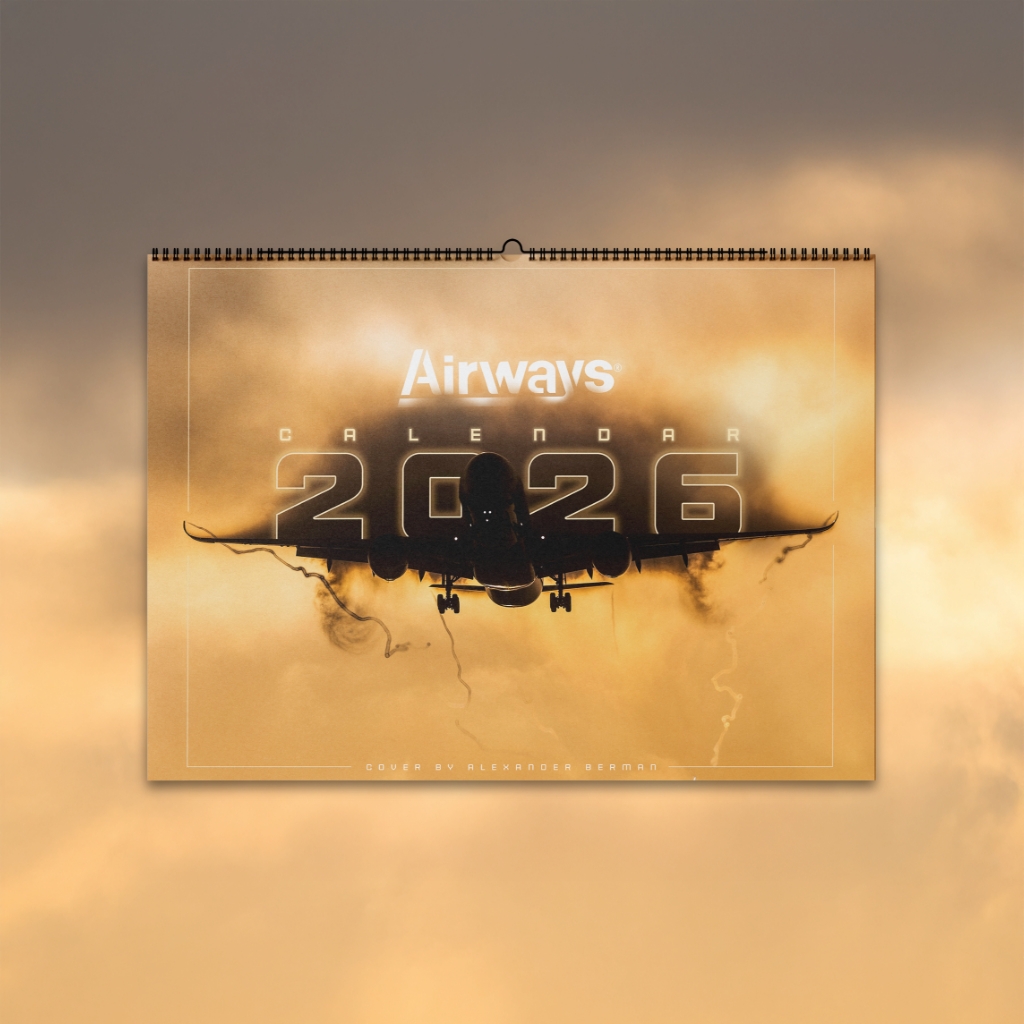DALLAS — Lufthansa Technik has announced its plans to implement the innovative AeroSHARK surface film on the Boeing 777-200ER variant. Four Austrian Airlines (OS) aircraft will be modified using this groundbreaking technology. This innovation utilizes riblets that mimic the friction-reducing properties found on shark skin.
Currently, the Lufthansa Group of airlines has equipped 17 aircraft with AeroSHARK. This includes a Lufthansa-operated Boeing 747-400, 12 SWISS-operated Boeing 777-300ER aircraft, and four Lufthansa Cargo-operated Boeing 777F cargo aircraft.
The inaugural modified aircraft completed its first flight in October 2022, with the Swiss national carrier at the forefront of this pioneering endeavor. The concept is rooted in scientific research that spans more than four decades. German biologist Wolf-Ernst Reif made a groundbreaking discovery about sharks' special skin, which enables them to glide through the water with minimal resistance.
In the following years, Reif and the German aerospace research organization Deutsches Zentrum für Luft-und Raumfahrt (DLR) worked together to explore the possibility of applying this technology to the aviation industry. However, it proved challenging to find materials that could replicate the shark skin technology while also being durable enough to withstand high UV and temperature variations.

Science in Application
Lufthansa Technik has announced that it will apply riblet film to four selected aircraft, each covering an area of approximately 830 square meters (8930 sq ft). This modification is expected to result in a one-percent fuel saving per flight. The reduction in fuel consumption will equate to the fuel burn generated from 46 flights between Vienna and New York.
“We take our responsibility seriously and take every possible step to reduce CO₂ emissions within our flight operations. At one percent, the sharkskin’s efficiency potential may not sound like much, but in total it will save thousands of tons of CO₂ per year on long-haul flights,” says Francesco Sciortino, Chief Operating Officer at Austrian Airlines. “Even though our Boeing 777-200ERs are in their final years of service, we take this investment to get one step closer to our CO₂ reduction targets.”
The initial aircraft is scheduled for modification in December 2024, while the final one of the four aircraft will be returned to service by March 2025.



.webp)
